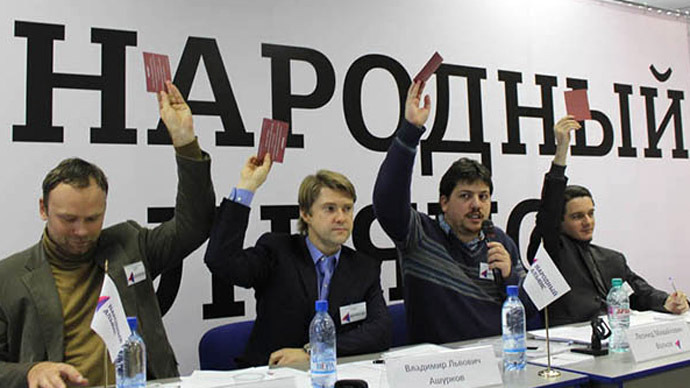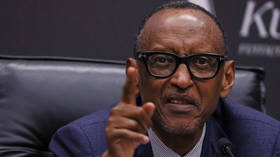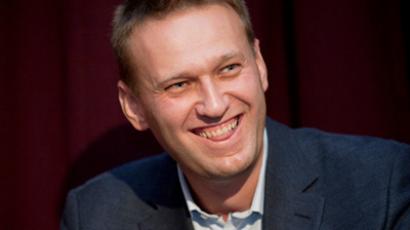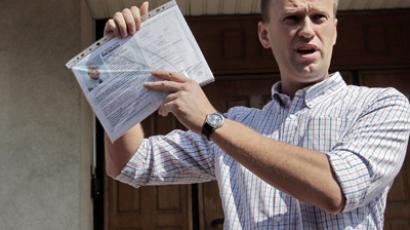Navalny-backed political party has registration suspended

The Justice Ministry has ordered to temporarily suspend the registration of the People’s Alliance party after an existing ecological movement turned to court claiming that part of their name had been stolen.
The already registered political party with the full name ‘Alliance of the Greens – People’s Party’ earlier complained that the People’s Alliance’s was using the words from their official name. Russian law forbids a political party from using other parties’ names, even in part, and the Greens threatened to sue the Justice Ministry if the registration procedure continued.
The head of the Greens party Oleg Mitvol has told the press that he addressed both the Justice Ministry and the minister personally with a request to stop the registration, but as these instances did not react, prepared a lawsuit and sent it to a district court in Moscow.
After this announcement the ministry announced through its website that the registration of the People’s Alliance has been suspended.
The People’s Alliance submitted its registration documents to the Justice Ministry on April 10.
According to the party’s program it is a liberal and democratic project with a priority on political reforms and the ultimate objective of “bringing Russia closer to the European civilization”.
What makes the project unique is its open support on Aleksey Navalny – a Russian anti-corruption blogger and aspiring politician who recently announced his presidential ambitions. It should be noted that Navalny says he supports the People’s Alliance, but refuses to take a leading post in the party or even to become a member.
However, one of Navalny’s closest allies, Vladimir Ashurkov, is the secretary of the People’s Alliance’s central council. Ashurkov used to be a high-level professional in corporate finance and banking, but gave up his career to become a coordinator in Navalny’s anti-corruption projects on the internet, and later the head of the NGO that united these projects - the Foundation for Fighting Corruption.
Navalny is currently standing trial within a major embezzlement case and law enforcers have charged him within several more cases of embezzlement and tax evasion. The activist has denied all accusations as groundless and claimed that the process and criminal charges were revenge of the Russian authorities for the disclosure of certain corruption schemes.
He also said in a recent televised interview that he was going to run for presidency in the nearest future and promised to imprison all those who obstructed or punished the activities of the non-system opposition.
Navalny’s earlier political projects involve membership of the pro-democracy party Yabloko (he was ousted from the party over radical nationalism) and a brief experience with his own nationalist movement. At the same time, the activist’s popularity as an anti-corruption blogger made him one of the leaders of the 2011-12 street protests against alleged parliamentary elections violations.
Navalny also has some experience as a civil servant – he worked as a volunteer aide the governor of the Kirov Region. It was this work that allowed prosecutors to launch the first criminal case against him. He is now accused of defrauding a state-owned timber company for about 16 million rubles (over $530,000). If convicted, he faces up to 10 years in prison.















